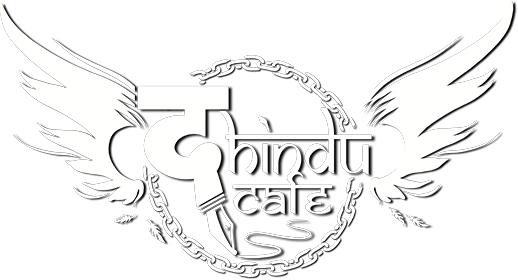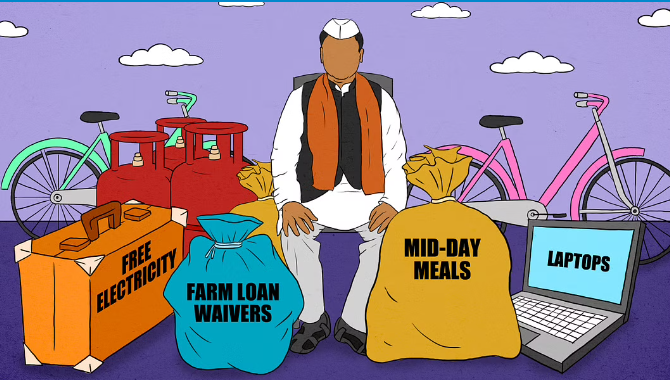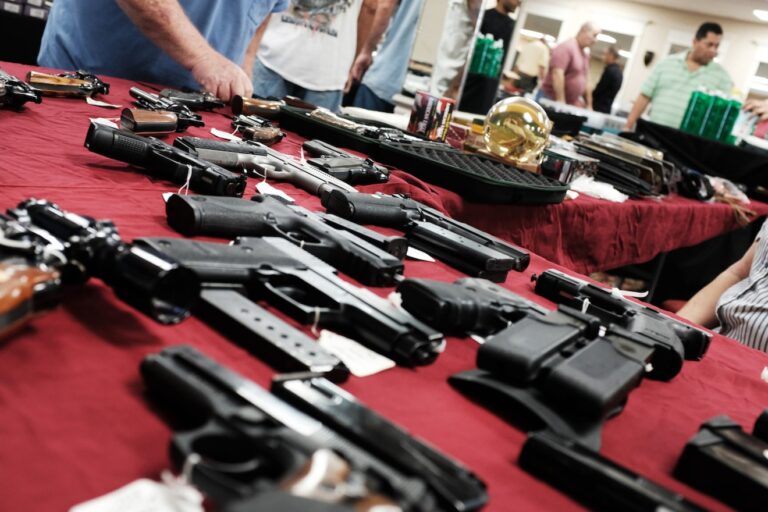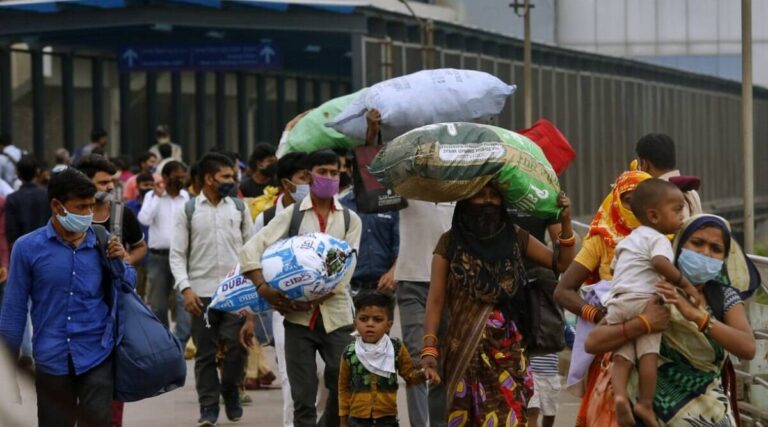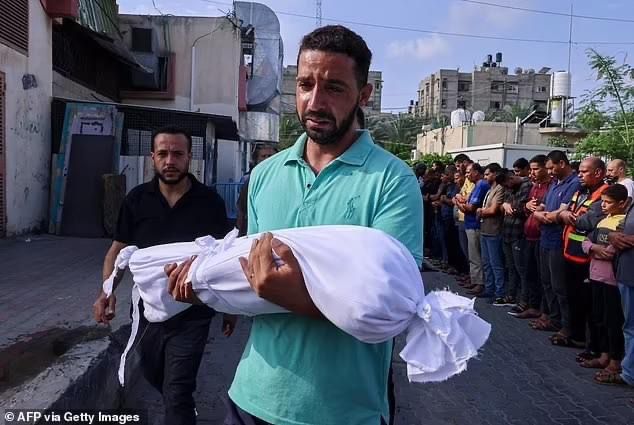The police that exists to do a job which only incidentally involves protecting the populace and a public that is wary of it’s own protectors. The only way to change this is to re-integrate the police into the community and ensure bonds between both.
What comes to your mind when you think of the police? Someone in khaki, inexpertly wielding a lathi, shouting profanities and in all ways, lording it over others. I would not blame you in thinking like this, but the police are doing only what they are trained to do. They are not here to serve and protect you. They are here to serve and protect the state and all its diktats.
Before we explore this idea further. I must put out the disclaimer, that no, I do not consider all the police bad, or that I believe in the Communist idea that the police (which Communists do not control) are handmaidens of oppression. What I do believe that we never encounter and consequently never think about how the police system came about in India. Once we know that story, we can draw conclusions that should allow us to examine the police with clear eyes.
For the longest time in history, there was no police system. It was communities that carried out the job of policing themselves. At times they delegated the job to a certain section of their own people. In India, some of these sections became castes, others did not. One must also keep in mind, the nature of the society these folks lived in. For example, people were often armed and had to protect themselves, since there was no dialling 100 and expecting a relatively instantaneous response. In all these cases, the people being protected and the people doing the protecting were all members of the same community. They lived in the same villages, they ate the same food, they shared a similar cultural context. They were protectors and members of the society they protected. They also knew that by protecting their village and their community, they were protecting their own families as well.
This is not to say the system was perfect, far from it. It involved, like all other human systems, significant corruption, inefficiency and flaws. But what is undeniable is the possibility of instant accountability to a community in case said protectors of the community failed to do their job or were unwilling/unable to do their job in a neutral manner.
Cut to the present day, wherein the police deployed to a particular area, are not from that area. They probably speak a different language and barring any superficial caste solidarity, they share no community bonds with whom they protect. The police and the populace are both aware of this. The populace has no particular desire to obey the police they do not consider their own, nor do the police feel the need to go the extra mile to protect the public. Because of this you get situations where the police demand money to do their own job and a public that wants nothing to do with the police. Beating the police or somehow humiliating them is considered a display of power and strength.
This disjunction came about as a matter of deliberate policy under the British. It is obvious they could not rely on police tied to a particular area via social bonds to implement their repressive policies. The lure of money can only go so far. In fact, multiple occurrences of the police being sympathetic to revolutionaries came to light. So, the British solved this by ensuring policing was a state function and not a community function. They ensured that the police looked, acted and believed that they were not members of the community they ostensibly protected. In came the uniforms, the regimentation, the drill and the secluded training. Instead of feeling loyal to the public, the police were trained since inception to be loyal to other police forces and to the state.
The end result is what we have today. The police that exists to do a job which only incidentally involves protecting the populace and a public that is wary of it’s own protectors. The only way to change this is to re-integrate the police into the community and ensure bonds between both. Yet that would impinge on the perks and privileges of the IPS class who are the single biggest beneficiaries of this accountability less system of policing and it is they, that relative to the average constable, who are absolutely insulated from the general public. Our India society who lovingly sacrifices its youth for crumbs of state power will also hate any change to the current IPS and police set up, in case their laadla beta/beti somehow makes it into the IPS/SPS. So let us do what Indian society has always done when faced with eminently solvable problems, that is, moan, whine and cry.
